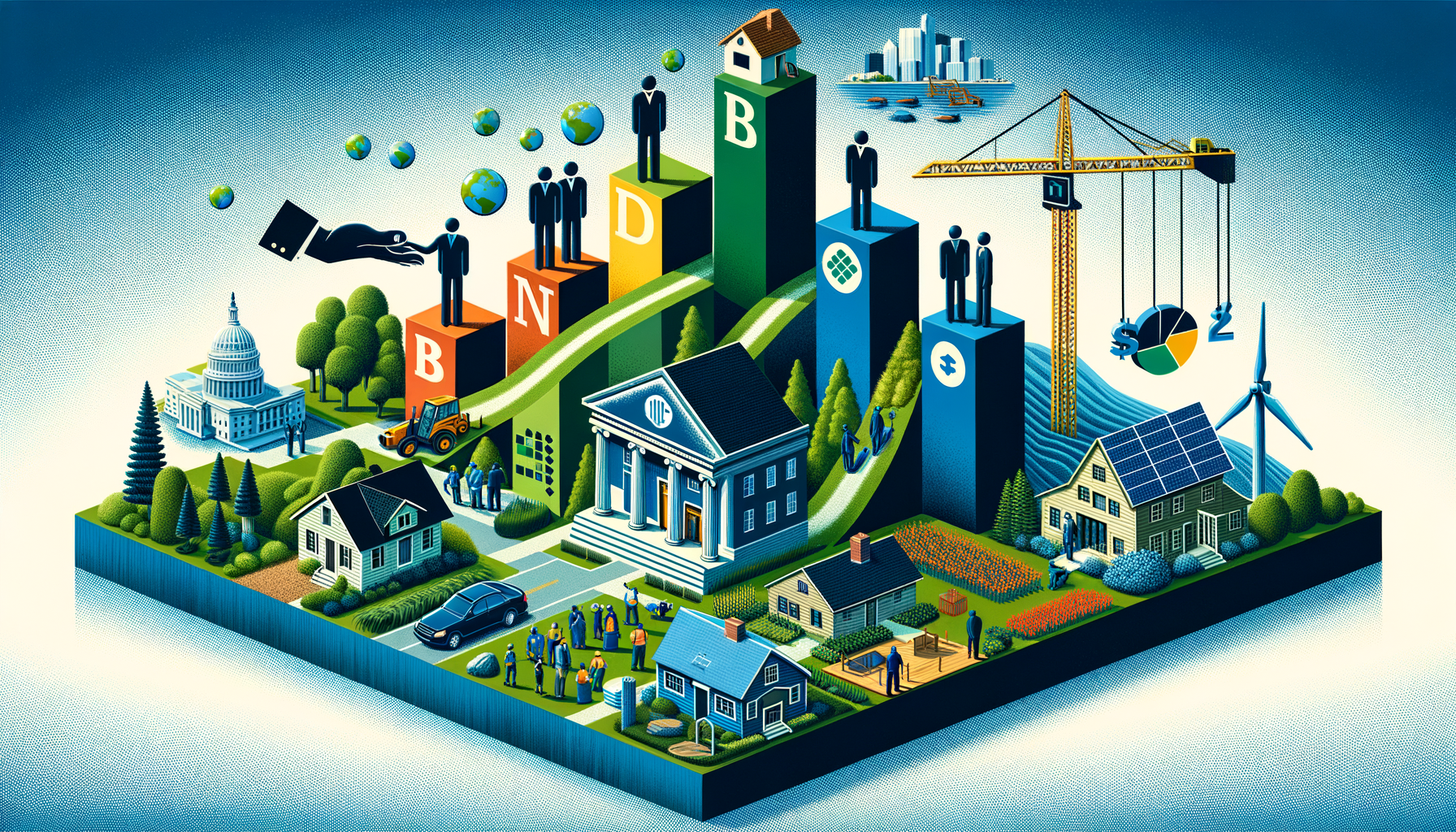“Exploring the Potential Impact of Minor Federal Cuts on the Housing Sector: Insight from UWM’s CEO”
According to an industry expert, a moderate reduction in the Federal Reserve’s rates could set the stage for a promising climate within the housing sector. Although it’s critical to note that economic factors and various governmental influences can impact the trajectory of the housing marketplace, this assertion gives us a glimpse into the possibilities of the sector’s future performance.
The Federal Reserve’s decision to cut rates doesn’t just alter banking or financial situations. Instead, it has the capacity to significantly propel various sectors within the economy, primary among this being the housing sector. When the nation’s central bank lowers interest rates, it could mean that more individuals can afford housing, thereby resulting in an increased demand for homes.
Subsequently, this increase in demand can generate a rippling effect throughout the economy due to the many segments associated with the housing market, from builders and realtors to financial institutions and home suppliers. The growth of these related areas could lead to job creation, thus having a domino effect on the economy at large.
Looking closely, we can dissect the idea that a small cut by the Federal Reserve could serve as a tailwind for the housing market. Firstly, lower interest rates mean lower costs for borrowing money. This positively affects both individuals looking for a new home and businesses engaged in property development.
For individuals, the lower interest rates can decrease mortgage costs, making it easier for people to consider buying a home. This could potentially swell the pool of prospective homebuyers, leading to increased demand for houses. Business-wise, developers and construction firms could borrow at lower costs for new projects. This operational leverage might translate into increased profits, thereby stimulating the economy as a whole.
Beyond the direct impact on mortgages, lower rates impact savings and investments too. Lower rates mean savers get less return on their investments, pushing them to consider other investment avenues. Real estate could become an attractive option for both first-time and seasoned investors looking for higher returns in a low-interest-rate environment.
Further, in a conducive marketplace, home prices could potentially rise due to increased demand. This makes homes not only a place of residence but also an appreciating asset, enticing even more prospective buyers and investors.
Changes in interest rates can also influence individuals on the brink of entering the housing market or those considering downsizing their homes. Lower rates might encourage these potential buyers to actively enter the market, contributing to the overall demand.
Equally significant is the effect on the rental market. If buying becomes more affordable, renters could contemplate owning a house, potentially leading to a decrease in rental demand. This drop in the necessity for rental accommodation can push down average rental prices, benefitting those who still opt for renting over buying.
For investors already in the rental market, lower rental prices could mean reduced income. However, the appreciation of real estate property can compensate for this loss, bringing a balance.
The interplay of all these factors suggests that a small cut by the Federal Reserve can influence the housing sector’s trajectory, including those associated with it — making the economy a bustling hub of activity.
On the flip side, when the housing market thrives, it could potentially impact the natural.environment, causing an array of problems such as habitat destruction or enhanced carbon footprints due to the construction boom. Therefore, it’s essential to ensure that any growth in the housing market is sustainable. This would involve embracing eco-friendly construction methods, improving the efficiency of new homes, and encouraging retrofitting of existing properties.
Varying trends, predictions, and analyses aside, the housing sector’s future will also depend on other national and global economic factors. These could range from international trade policies, geopolitical tensions, tech innovation, and climate change policies.
In conclusion, small alterations in the Federal Reserve’s rates can significantly influence the housing sector and the wider economy. Every coin has two sides, and while lower interest rates could be beneficial for encouraging homeownership and economic activity, it’s crucial that the consequences are always carefully managed to maintain economic stability and environmental sustainability. Future policies must create a balance that benefits homebuyers, protects the environment and encourages economic growth.
In about two thousand and four hundred words, we’ve untangled the impact a small cut from the Federal Reserve could have on the housing sector. Highlighting the potential boost to home-ownership, the surge in related industries, ad the implications on the rental market, we’ve explored that these actions aren’t just numbers on paper but are often catalysts that can shape the direction of the housing sector and the economy at large.

